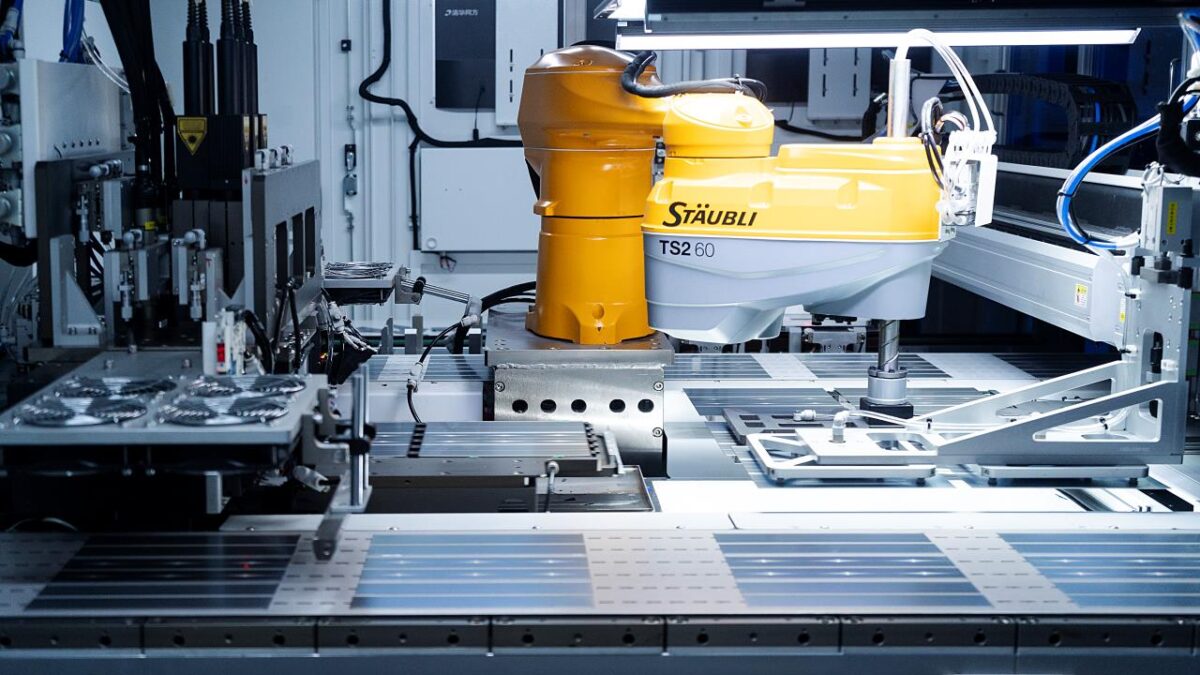Wright Electric, in partnership with Columbia University, has secured a contract from the U.S. Department of Energy’s ARPA-E for their pioneering work on the development of an ultra-energy-dense aluminum battery and an innovative AI electrolyte screening system. The project is part of the PROPEL-1K initiative, focusing on Railroad, Oceanic, and Plane Electrification with 1K energy storage systems.
Advancing Battery Technology
Jeff Engler, CEO at Wright Electric, expressed enthusiasm about collaborating with Columbia University to push the boundaries of battery technology, contributing to sustainable energy solutions. The PROPEL-1K program by ARPA-E aims to catalyze new industries.
Wright Electric’s Vision
Established in 2016, Wright Electric aims to decarbonize transportation using electric airplanes and ships. The company collaborates with notable entities such as NASA, Y Combinator, and the U.S. Department of Energy. Wright’s recently tested 2 megawatt powertrain achieved 43,000 ft of simulated altitude without partial discharge.
Revolutionary Battery Program
Wright Electric initiated its battery program in October 2023 after years of stealth development. The proprietary batteries are designed to be four times more energy-dense than current lithium-ion batteries, opening possibilities for electrifying challenging transportation sectors like electric aircraft and container ships.
AERES Technology
Wright employs Automated Experimentation with Radical Electrochemical Systems (AERES) technology, combining systematic screening and open-source hardware to swiftly screen electrolytes for their batteries. This approach ensures efficiency and high power output necessary for vehicle applications.
Paradigm Shift in Decarbonization
Engler highlighted that while constructing an aluminum battery is simple with household ingredients, creating one with the efficiency and power output required for vehicles is challenging. Wright’s participation in the PROPEL-1K program is set to further advance the development of these groundbreaking batteries, potentially bringing a paradigm shift in the decarbonization of transportation. This collaboration showcases a commitment to innovation, pushing the boundaries of battery technology for a sustainable and greener future.
Source:https://www.businesswire.com





